During a discussion on the issue of confiscating Russian assets in Europe held in Brussels on January 26, Italian Central Bank Governor Fabio Panetta warned that the European Union (EU) should not use the euro as a tool in sanctions and political disputes, as it would damage the image and position of this currency.
The EU, the US, Japan and Canada have already frozen about $300 billion in Russian Central Bank assets from 2022 as part of sanctions related to the Ukraine conflict. About $200 billion of that is held in the EU, mostly at the Belgian clearing house Euroclear.
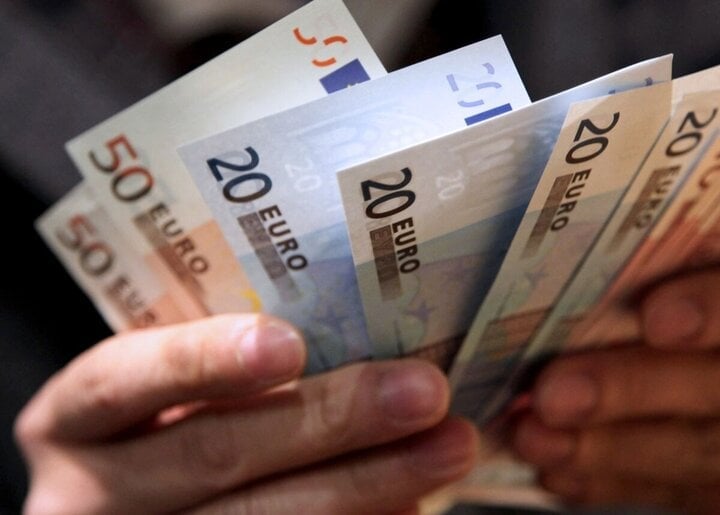
Bank of Italy Governor Fabio Panetta warned against using the euro as a tool in sanctions and political disputes. (Photo: Bloomberg)
Brussels is now planning to impose a tax on the profits Euroclear is making from the frozen Russian funds, opting not to seize the fixed amount outright. However, Italy is among a number of EU member states, including Germany and France, that are skeptical about moves related to Russian assets.
The countries said that using frozen assets could cause investors from other countries to doubt the safety of their EU holdings and move to withdraw their investments from Europe, which would weaken the euro in the long term.
“This power must be used wisely,” Mr. Panetta said, referring to the euro's status as a global reserve currency.
Mr. Panetta also issued a similar warning at an event in Riga, Latvia, marking the 10th anniversary of Latvia's adoption of the euro.
“International relations are part of a repeating ‘game’. When you weaponize a currency, it inevitably reduces its appeal and encourages the emergence of alternatives,” Mr. Panetta stressed.
The recent increase in the use of the yuan in trade between China and Russia has shown this trend, according to the official, because Western sanctions have pushed other countries like Russia to look for a new reserve currency.
“The Chinese government is clearly promoting the role of the renminbi on the global stage and encouraging its use in other countries,” Mr. Panetta said, adding that the proportion of China’s trade is driven by the renminbi. It has also allowed the renminbi to surpass the euro to become the world’s second most used trade currency.
Western currencies have largely been sidelined in Russia-China trade, with nearly 95% of all transactions between the countries now conducted in rubles or yuan. Russia is not the only major economy using the Chinese currency for trade settlements, with a growing number of countries looking for alternatives to the dollar and euro, including Argentina, Saudi Arabia, Brazil and Iran.
Tra Khanh (Source: russian.rt.com)
Source





![[Photo] Cat Ba - Green island paradise](/_next/image?url=https%3A%2F%2Fvphoto.vietnam.vn%2Fthumb%2F1200x675%2Fvietnam%2Fresource%2FIMAGE%2F2025%2F12%2F04%2F1764821844074_ndo_br_1-dcbthienduongxanh638-jpg.webp&w=3840&q=75)


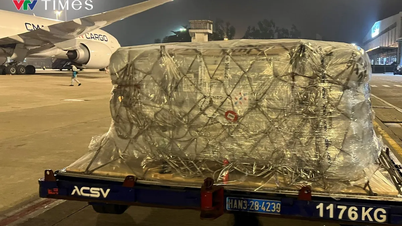

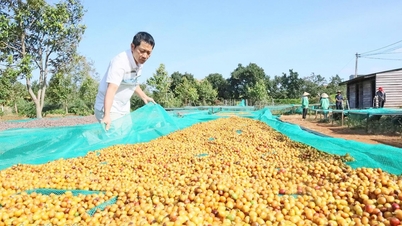

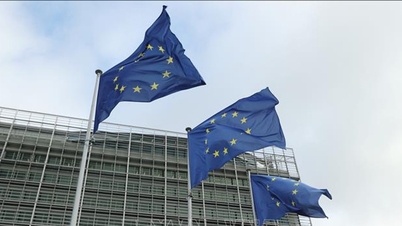

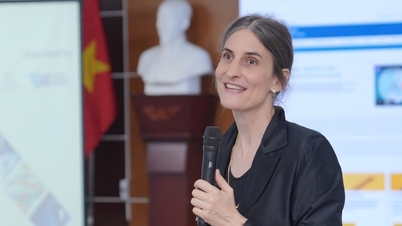

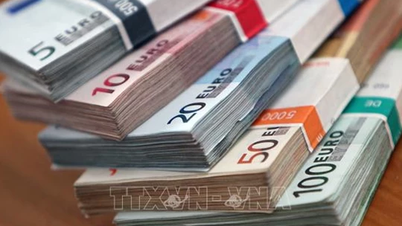

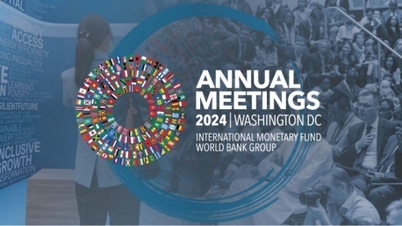


















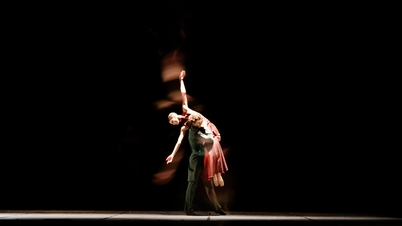





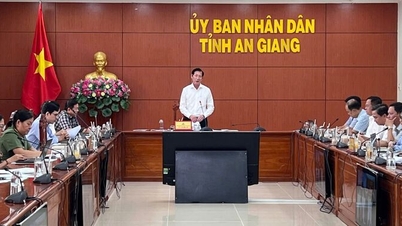







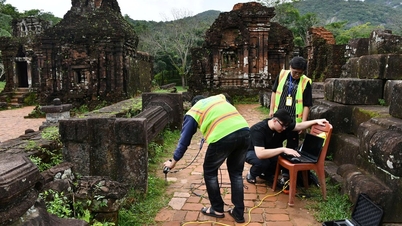
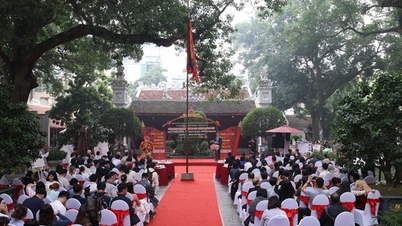


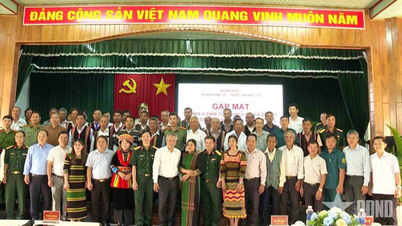



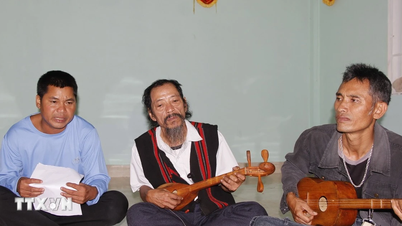

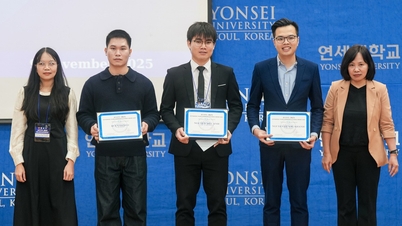


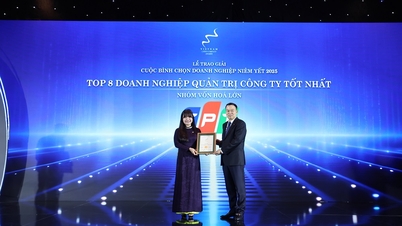
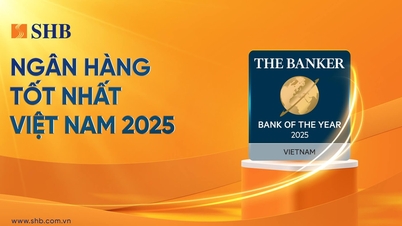

![[VIMC 40 days of lightning speed] Da Nang Port: Unity - Lightning speed - Breakthrough to the finish line](https://vphoto.vietnam.vn/thumb/402x226/vietnam/resource/IMAGE/2025/12/04/1764833540882_cdn_4-12-25.jpeg)
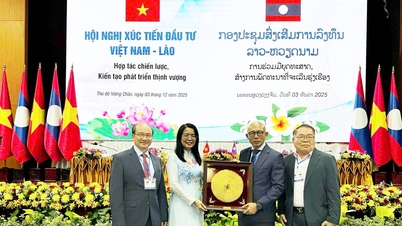
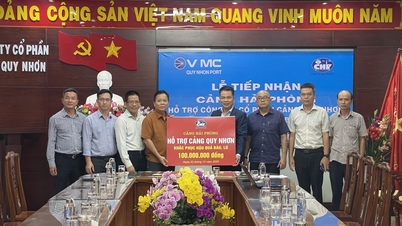






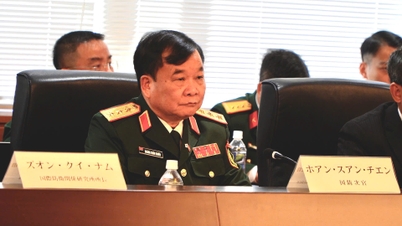


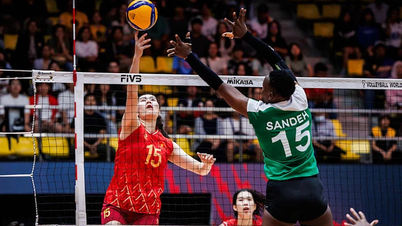


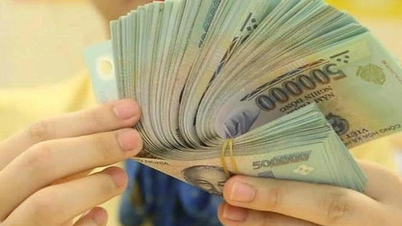



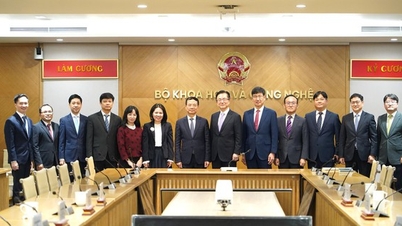

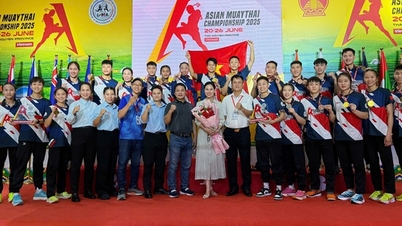
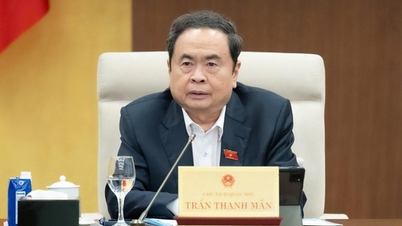


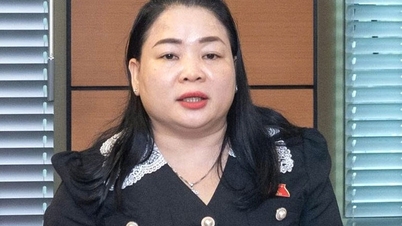

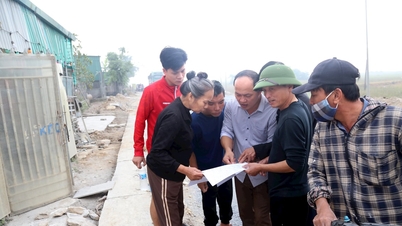



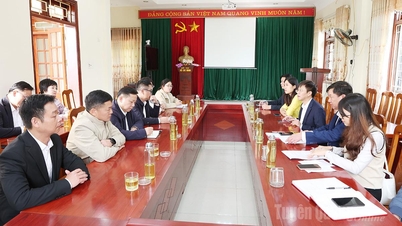



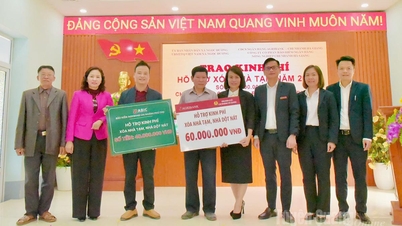













Comment (0)